During a webinar, Dr Khatun emphasized the need for the interim government to begin these reforms now and for the next elected government to continue them. "Immediate action is necessary," she remarked, acknowledging the significant challenges facing the interim administration.
She underscored that achieving political stability and restoring law and order are fundamental to fostering economic growth and prosperity. Dr Khatun noted that recent political unrest, including the student-led protests and actions like Internet blackouts imposed by the previous government, has negatively impacted the economy both in the short and medium term.
Dr Khatun recognized the difficulty the interim government faces in addressing these economic issues within a limited timeframe. She criticized the previous administration for presenting inflated economic growth figures and highlighted that Bangladesh's growth narrative lacked fairness and authenticity. She also noted that the student protests for quota reform were indicative of broader, systemic problems neglected by past policymakers.
She stressed the urgent need for broad economic and institutional reforms to address the deep-rooted corruption and inefficiencies that have plagued the system. Dr Khatun observed that the political unrest during the July and August 2024 student-led demonstrations led to the government's collapse on August 5, 2024, complicating the interim government's efforts.
The interim government faces numerous economic hurdles, including high inflation, declining foreign exchange reserves, inefficiencies and corruption in public projects, a low tax-to-GDP ratio, insufficient investment from both private and foreign sources, a weak financial sector, high levels of nonperforming loans, illicit financial outflows, and persistent issues with unemployment, poverty, and inequality.
The webinar was moderated by Jon Danilowicz, Board Member of the Right to Freedom, with introductory comments by Ambassador (retd) William B Milam, Board President of the Right to Freedom. Michael Kugelman, Director of the South Asia Institute at the Wilson Center in Washington, D.C., and Dr. Badiul Alam Mazumdar, Secretary of Citizens for Good Governance, also contributed, focusing on Bangladesh’s new trajectory under Nobel Laureate Professor Muhammad Yunus.
END/MSS/



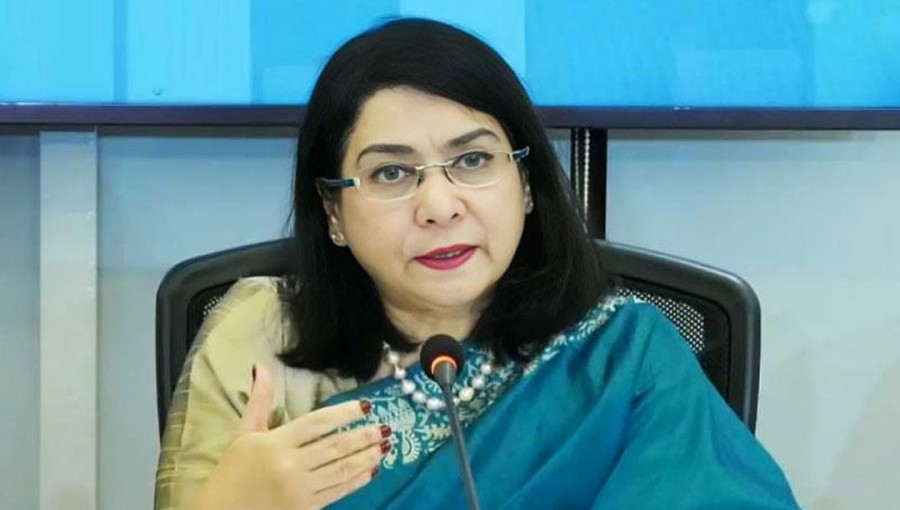






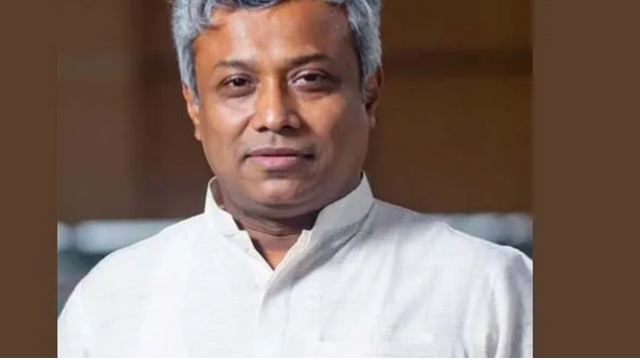
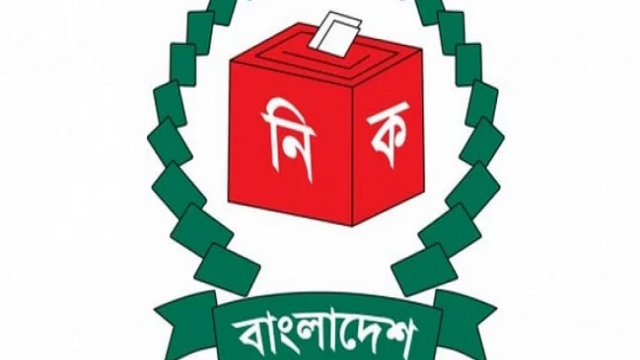
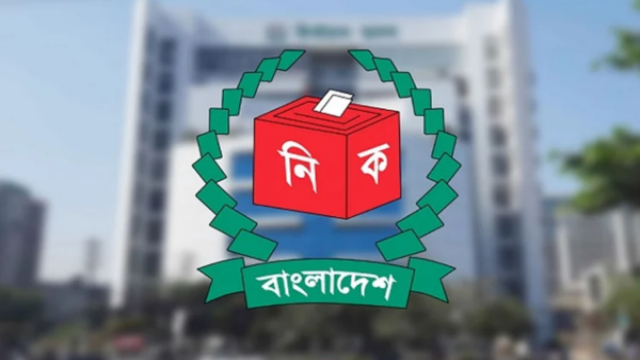
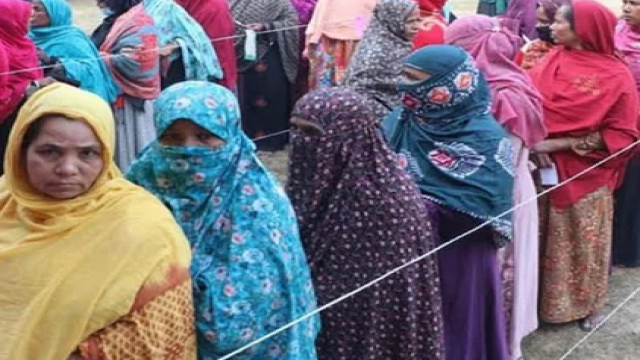
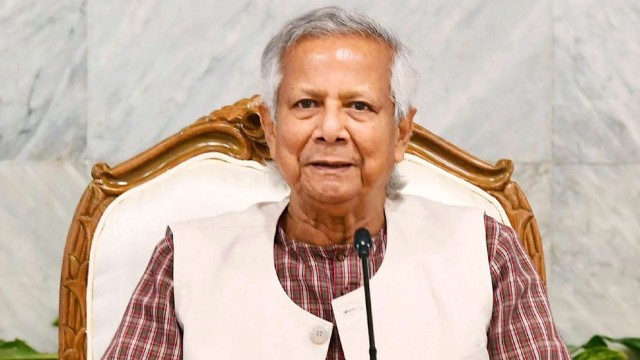
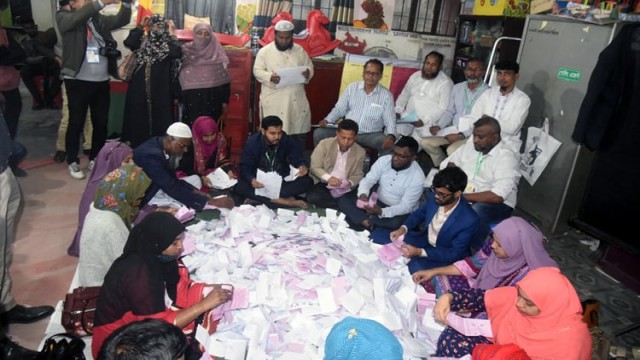
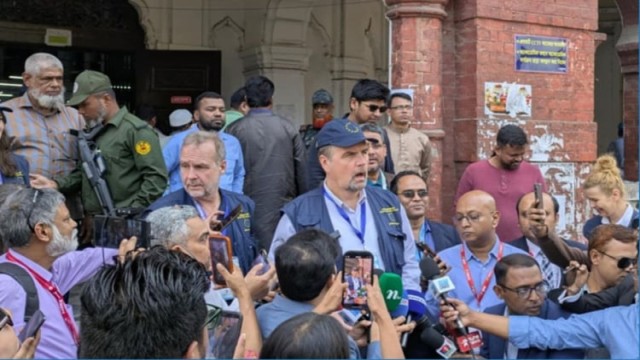
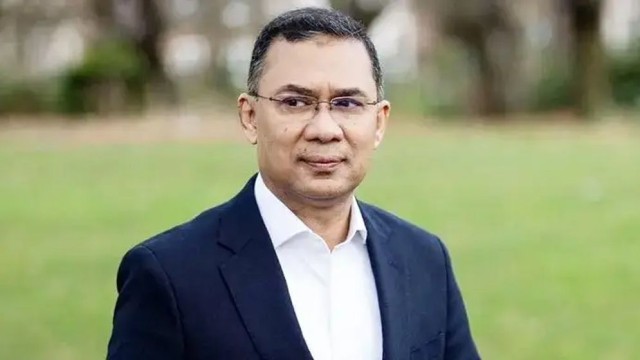
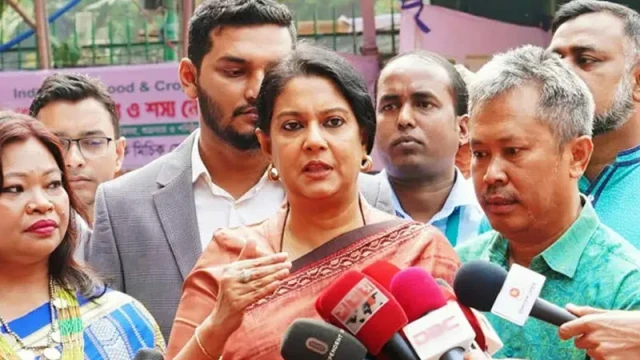
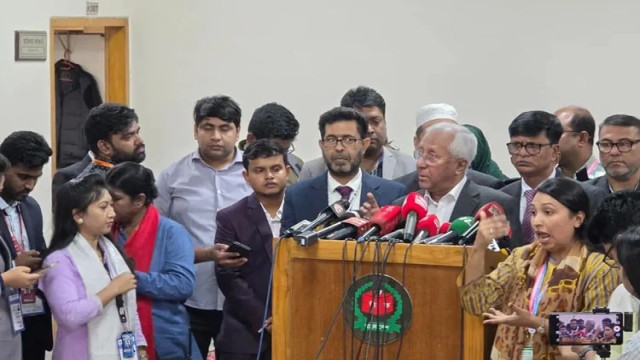











Comment: